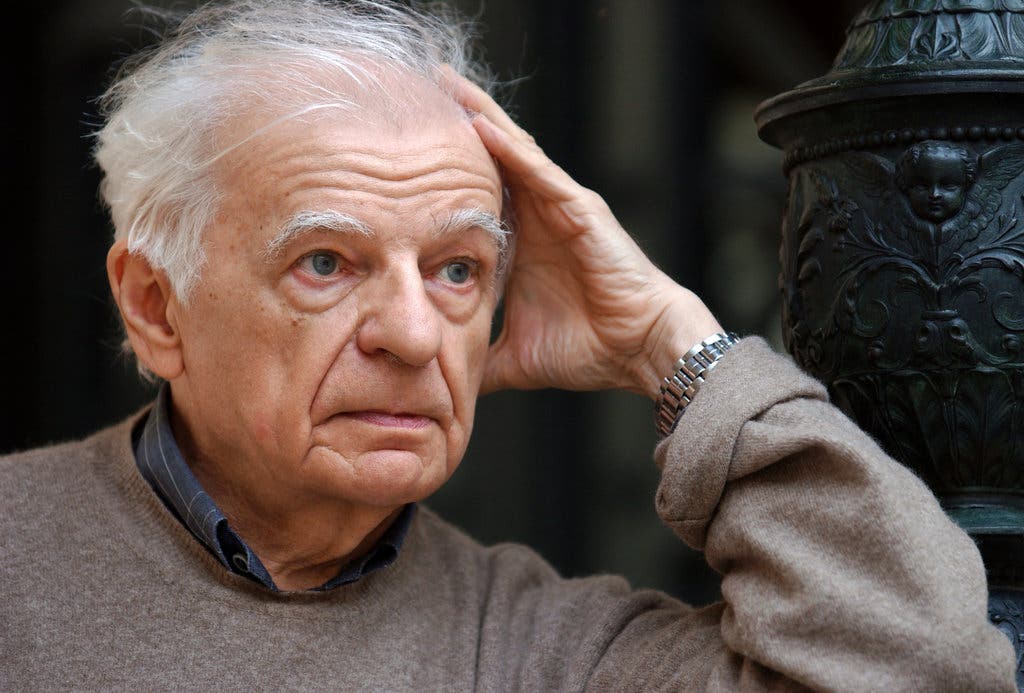Yves Bonnefoy. Өзің де мүмкін білерсің

Өзің де мүмкін білерсің
Сөйлеген сөзі бір құстың
Барша ағаштан ұзынын,
Бәрінен жұпыны екенін бұл арадағы шуылдың,
Айрылғың-ақ баршығар
Осынау ағаш портында,
Ескіріп қалған дауыстан
Үйілген гүл мен тастардан.
Келесің жүріп,
Қадамың
Тыр-жалаңаш жапан түз
Шексіз-шетсіз қара түн.
Ал құс ұшып әріге,
Сайрайды бұ дүниемен
О дүниенің бәріне.
Аударған Ә.Тышан.
Аударушыдан: Stéphane Mallarmé-дің шеберлік құйылысы мен Paul Valery-дің философиялық толғамдары дарыған ақын қысқа ғана бірнеше жол өлеңге кісі бірден айырып кете алмайтын терең мағынаны сидырады. Өлеңдері көбіне өмір мен өлім, реал мен болашақ, о дүние мен бұ дүние сынды философиялық толғаныстарға құрылады.
Mr. Bonnefoy (pronounced bun-FWA) burst onto the literary scene in 1953 with “On the Motion and Immobility of Douve,” a long poetic sequence that revolved around a mysterious female figure, Douve, whose shifting guises invoked the powers of death and rebirth and poetry itself. The work has often been compared, in impact, to the publication of Paul Valéry’s first column of verse, “La Jeune Parque” (“The Young Fate”), a generation earlier, in 1917.
“It was a stunning achievement, a work of extraordinary technical mastery, playing with the traditional alexandrine, the 12-syllable line, but subverting it,” John T. Naughton, the author of “The Poetics of Yves Bonnefoy” (1984), said in an interview. “Readers sensed that a new voice had come on the scene, and that a new generation was coming to prominence after the war.”
....
Over the years, he translated 15 of the plays, all of the sonnets, and wrote extensively on Shakespeare’s poetics. His translations of Yeats are equally well known in France.
His many works of art criticism include studies of Goya, French Gothic murals and Italian Baroque painting.
In 1972, Mr. Bonnefoy published a philosophical memoir, “L’Arrière-Pays” (“Heartland”), about his summer visits to his maternal grandparents, who lived in Toirac, a village in the Lot River valley.
“It is writing verse that always calls me back again,” he told The Paris Review. “I need to have a long period free, during which I can listen to the voices that come from the deepest unconscious — which know more than we do about life and death.”
https://www.nytimes.com/2016/07/06/books/yves-bonnefoy-pre-eminent-french-poet-dies-at-93.html
